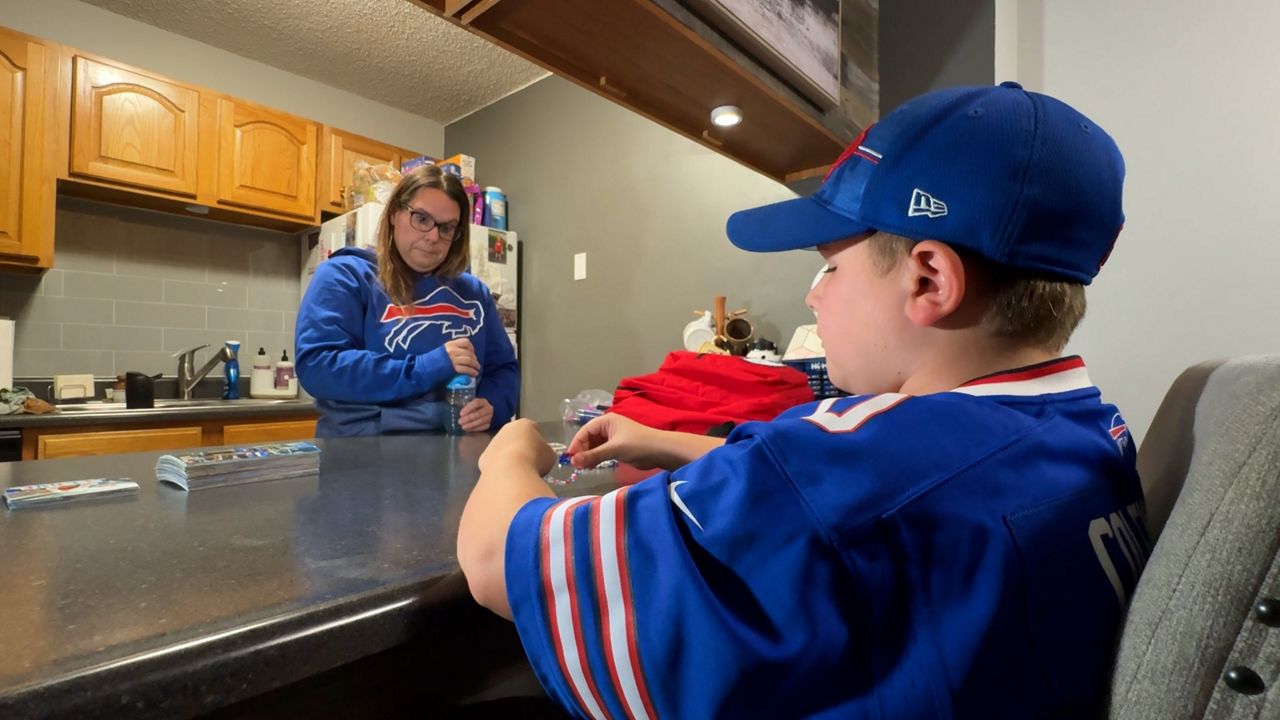Flight crews with the U.S. Department of Agriculture will soon be over Western New York to help stop the spread of raccoon rabies.
Though not as rampant as it once was, the potentially deadly virus is still present in counties across the state like Chautauqua.
"Every summer and fall season, even in the spring, we receive calls and we work closely with our local providers. Wildlife are not domesticated animals and we really should not be approaching them," said Lacey Wilson, public health director of Chautauqua County.
Small baits containing an oral rabies vaccine coated with a sweet attractive substance will be dropped from the sky.
People are encouraged not to touch them, unless one lands in their yard.
"So, these bait drops that are really facilitated by our partner agency USDA, are really important for the safety of our local wildlife and of course our county residents," said Wilson.
In addition to Western New York, the USDA is also using the oral vaccine in other cluster areas like in Watertown across the North Country and the Champlain region as well.
"Target these wild animals at the source to prevent rabies in those populations and ultimately decrease that exposure risk to people and their pets," said Jordona Kirby, rabies field coordinator of USDA Wildlife Services.
With the goal of dropping more than four million baits, eliminating the virus from Maine to Alabama.
"We have this area where we're preventing the spread, preventing raccoon rabies from gaining a foothold any further," said Kirby.
Chautauqua County health leaders are grateful for the partnership, calling for a more layered approach to the bail drops, including clinicians knowing how to treat rabies and the community knowing how to avoid it.
"There's really no silver bullet when it comes to issues like this and viruses," said Wilson.
From Chautauqua, set to start on Aug. 14, crews will head to Erie and Niagara counties starting on Aug. 18, weather permitting.










